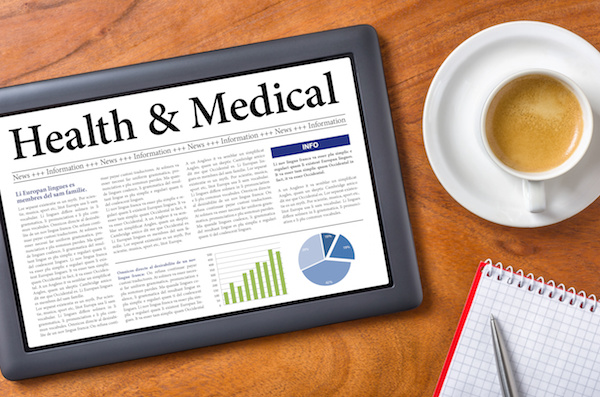
Here are some of the latest health and medical news developments, compiled by the editors of HealthDay:
Clinton: New Roadmap Outlines Steps Against HIV/AIDS
Earlier treatment and increased use of other proven methods to prevent and fight HIV/AIDS could help even the hardest hit nations begin to reverse the tide of the epidemic in the next three to five years, according to an Obama administration blueprint for greatly reducing the worldwide spread of the disease.
The roadmap for what the U.S. and other countries should do to slow the spread of HIV/AIDS was ordered by Secretary of State Hillary Rodham Clinton, the Associated Press reported.
“An AIDS-free generation is not just a rallying cry – it is a goal that is within our reach,” Clinton said in the document. President Barack Obama agreed.
“We stand at a tipping point in the fight against HIV/AIDS, and working together, we can realize our historic opportunity to bring that fight to an end,” she said in a proclamation to mark World AIDS Day on Saturday, the AP reported.
About 34 million people worldwide are infected with HIV, the virus that causes AIDS. Despite a decline in new infections over the last decade, 2.5 million people were infected last year.
—–
Generic Drug Prices Fall, Brand Name Prices Rise: Report
Generic prescription drug prices fell sharply while there was a considerable rise in prices for popular brand name prescription drugs over the past year, according to a new report.
Between September 2011 and 2012, prices of the most widely used brand name drugs increased 13.3 percent, while generic drug prices decreased about 22 percent, according to Express Scripts Holding Co., the Wall Street Journal reported.
Overall spending on prescription drugs in the U.S. rose 3.5 percent over the first nine months of this year, according to Steve Miller, chief medical officer at Express Scripts, which manages drug benefits for health plans.
“Despite drug companies taking bigger price increases, we’re able to take advantage of the huge number of generics,” Miller told the WSJ.
The increase in spending on prescription drugs so far this year is greater than the 2.7 percent growth rate for all of 2011. However, last year had the lowest growth rate reported by Express Scripts in nearly two decades of analyzing such data.
In addition, the company said that prescription drug spending was basically flat in the third quarter and is expected to remain so in the current quarter as well, WSJ reported.
Interestingly, brand name drugs that already face generic competition are among those whose prices increased. These include drugs such as Pfizer’s cholesterol-lowering drug Lipitor and Merck’s asthma treatment Singulair.
Miller noted that it is common for drug makers to cut the prices of brand name drugs when generics comes on the market and then increase them later when it is clear who the brand-loyal customers are, WSJ reported.
However, the impact of such prices increases on the nation’s overall drug costs may be muted if they occur when the brand name drugs have little remaining market share, Miller added.
—–
Conversion to Electronic Medical Records Open to Fraud and Abuse: Report
Medicare’s failure to develop appropriate safeguards has left the nation’s conversion to electronic medical records vulnerable to fraud and abuse, according to a report by federal investigators.
Proponents say that the use of electronic medical records — a central part of health care overhaul in the U.S. — will improve patient care and reduce costs through better coordination of medical services, The New York Times reported.
The Obama administration is spending billions of dollars to encourage doctors and hospitals to switch to electronic medical records.
But Medicare has failed to implement adequate safeguards to ensure that information being provided by hospitals and doctors about their electronic records systems is accurate, according to the report by the Office of the Inspector General for the Department of Health and Human Services, which oversees Medicare.
To qualify for incentive payments, doctors and hospitals must show that their systems lead to better patient care by doing such things as checking for harmful drug interactions, The Times reported.
The investigators concluded that Medicare “faces obstacles” in overseeing the incentive program “that leave the program vulnerable to paying incentives to professionals and hospitals that do not fully meet the meaningful use requirements.”
In a statement released Wednesday, a Medicare spokesman said: “Protecting taxpayer dollars is our top priority and we have implemented aggressive procedures to hold providers accountable. Making a false claim is a serious offense with serious consequences and we believe the overwhelming majority of doctors and hospitals take seriously their responsibility to honestly report their performance.”
—–

